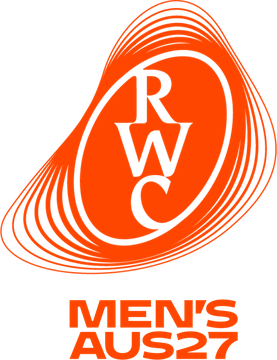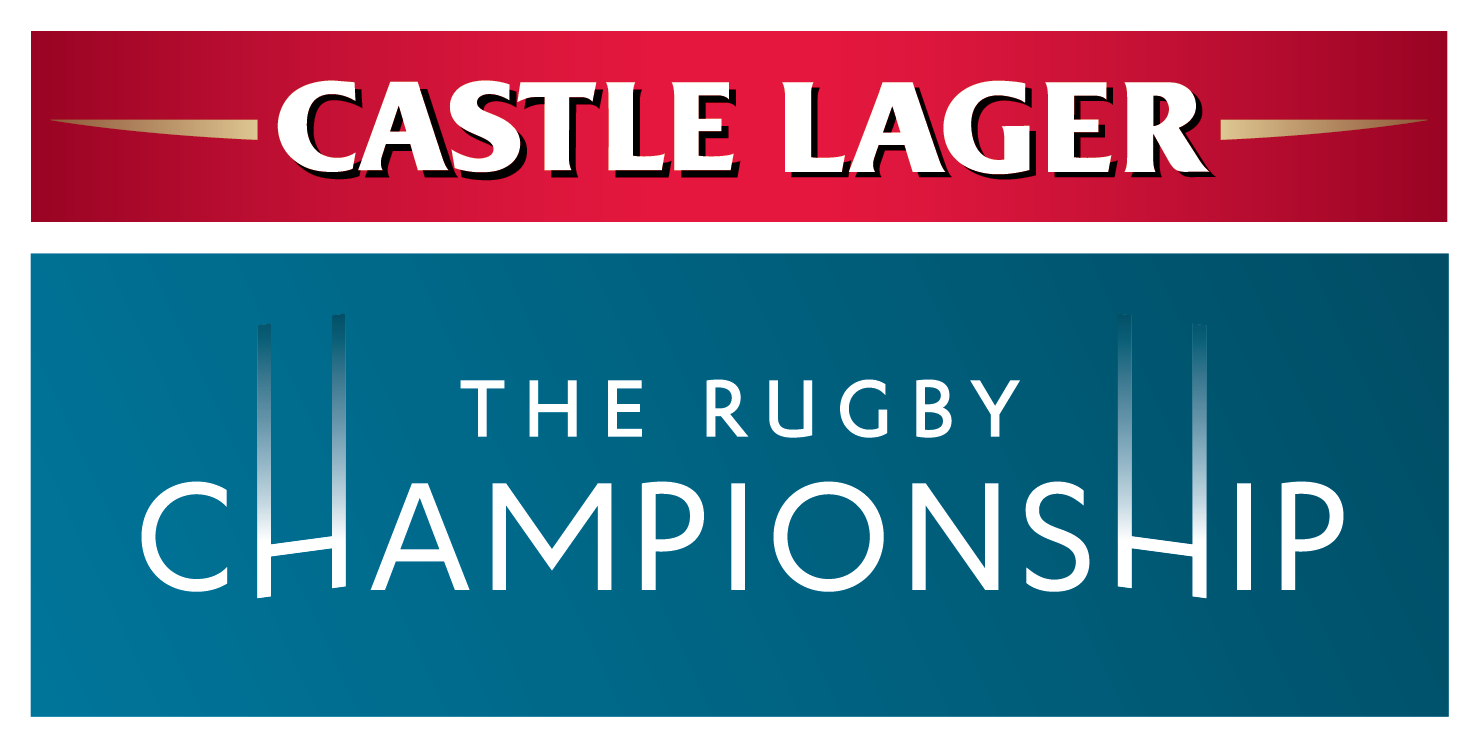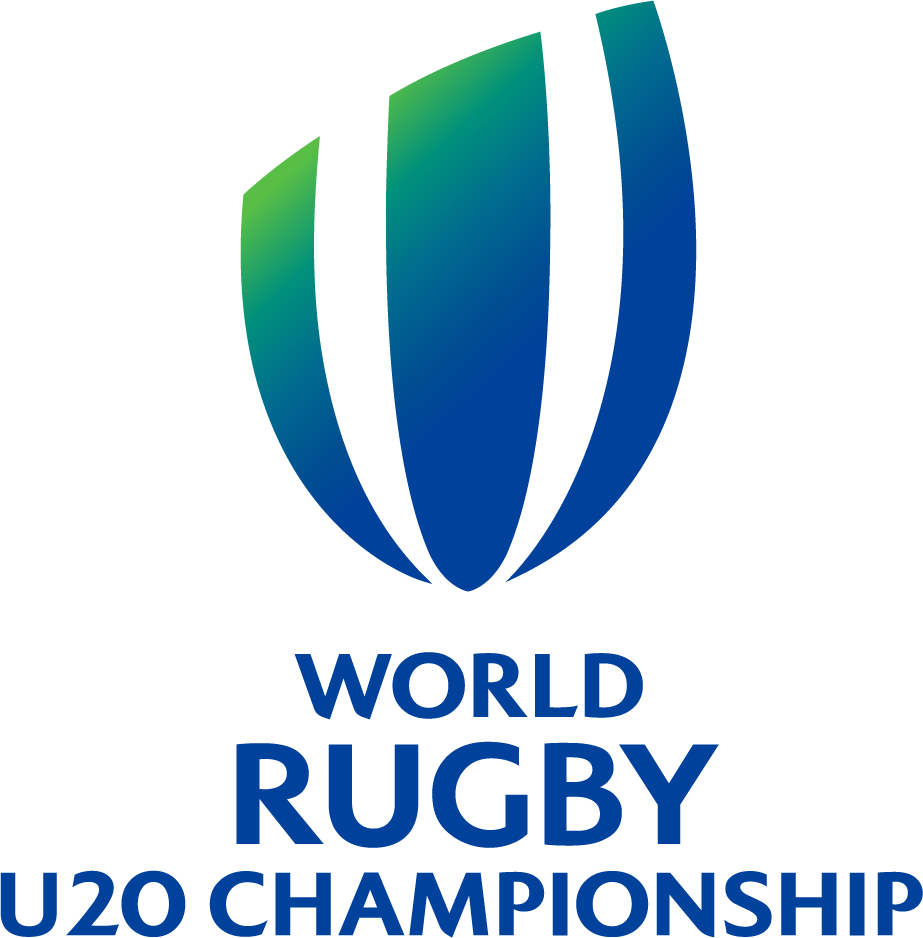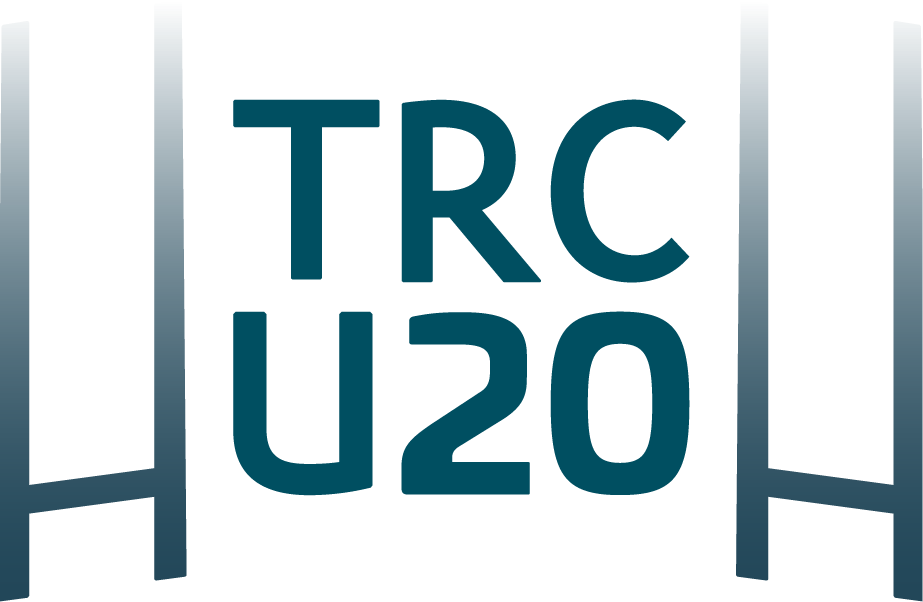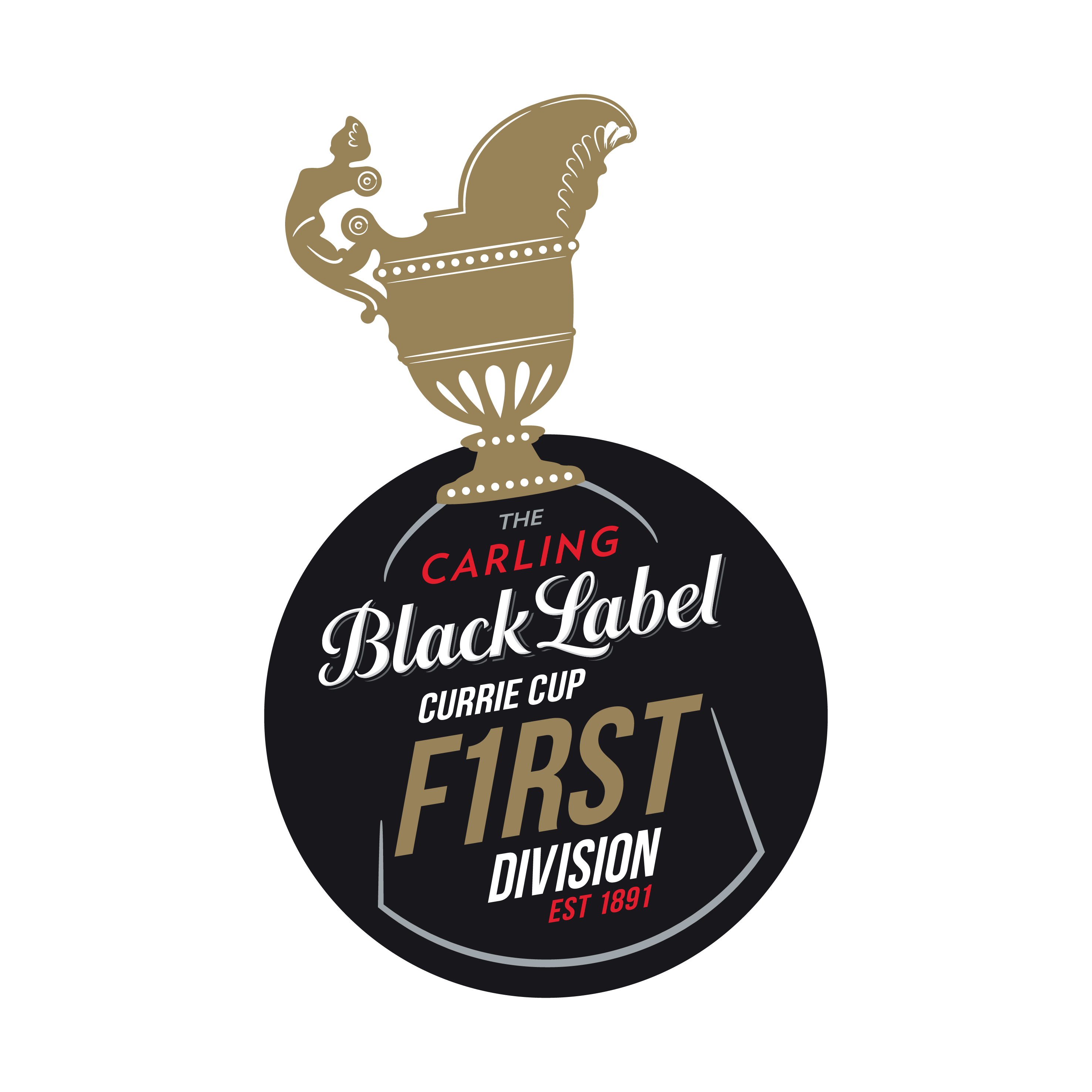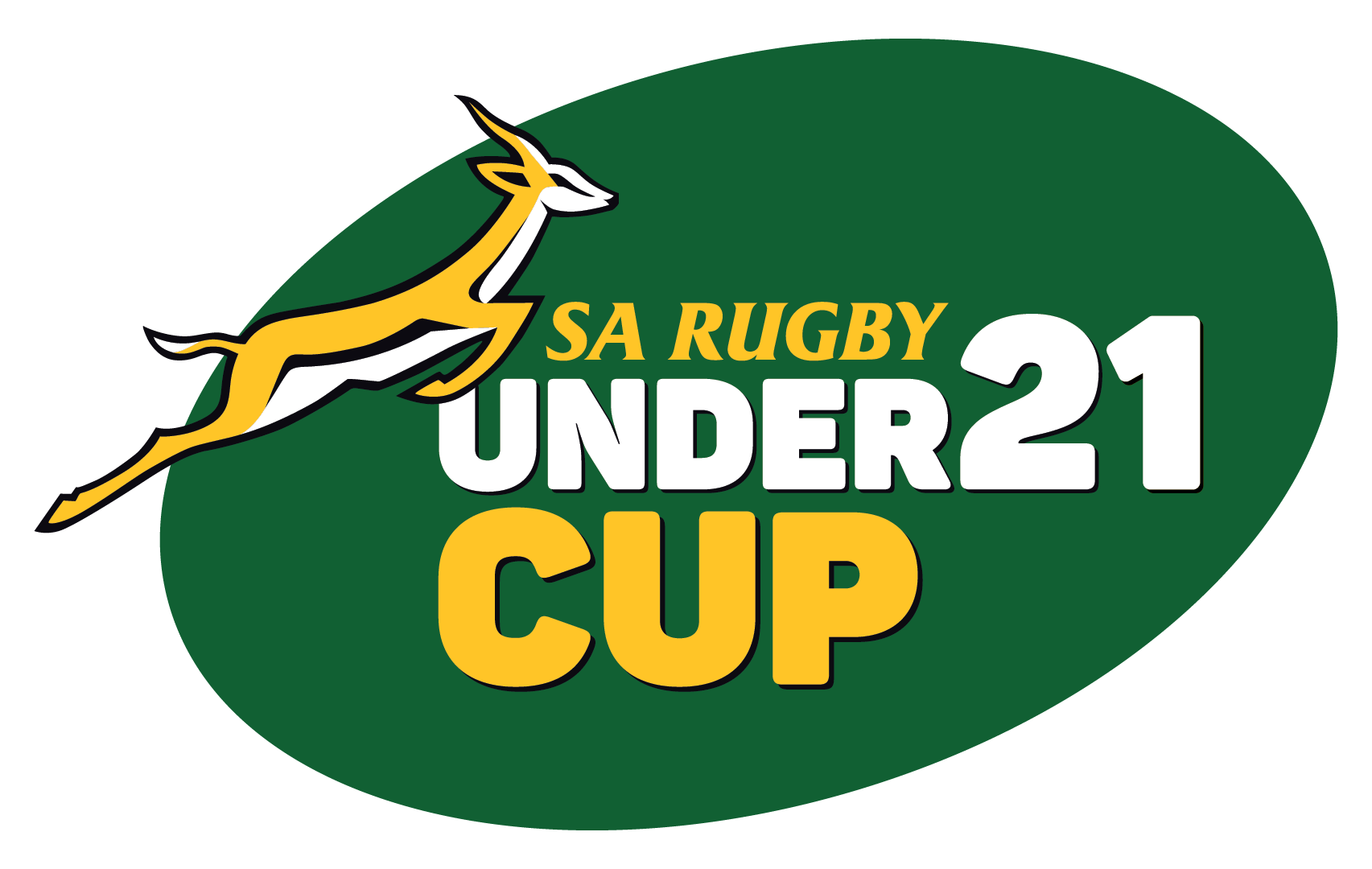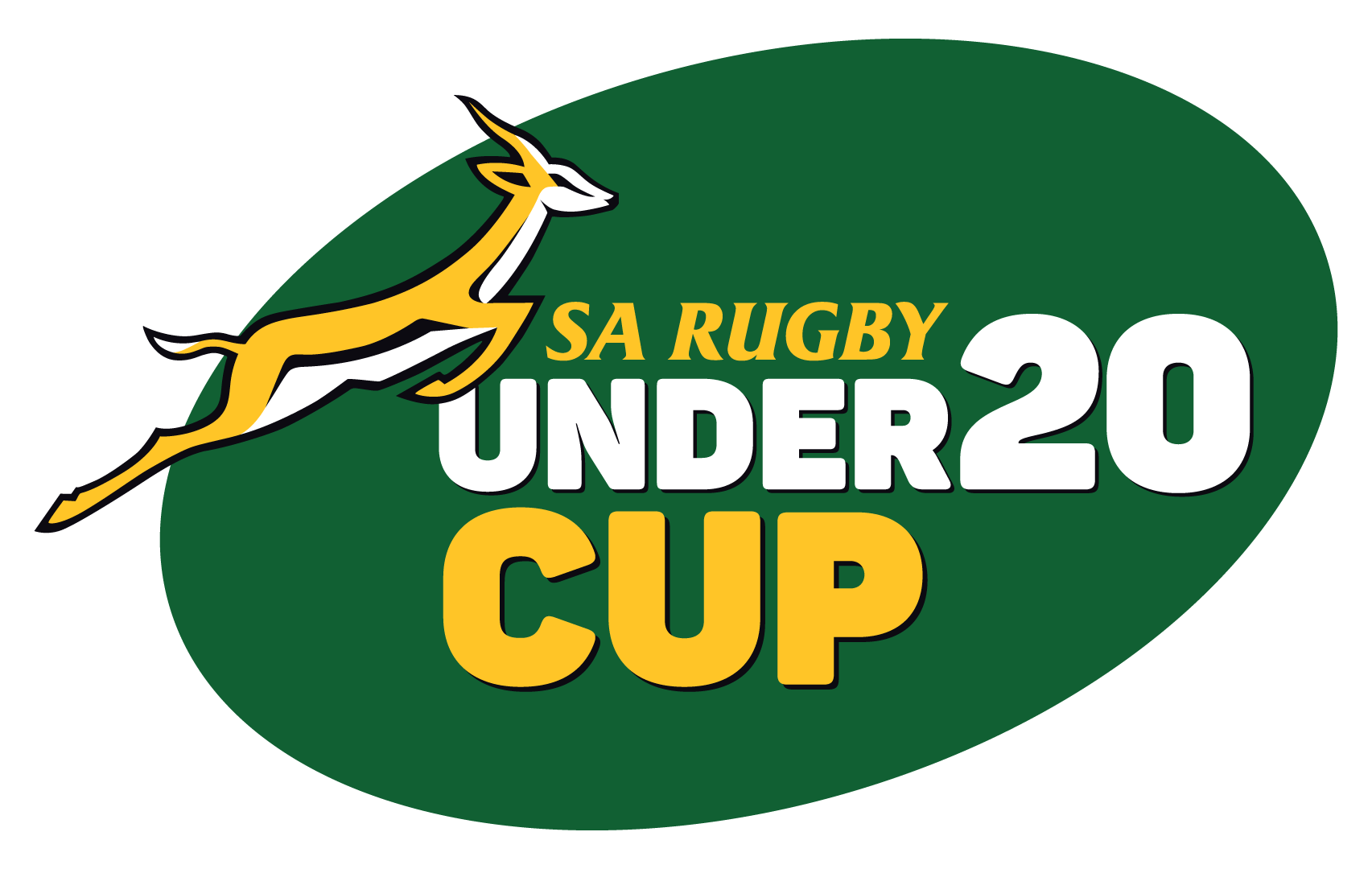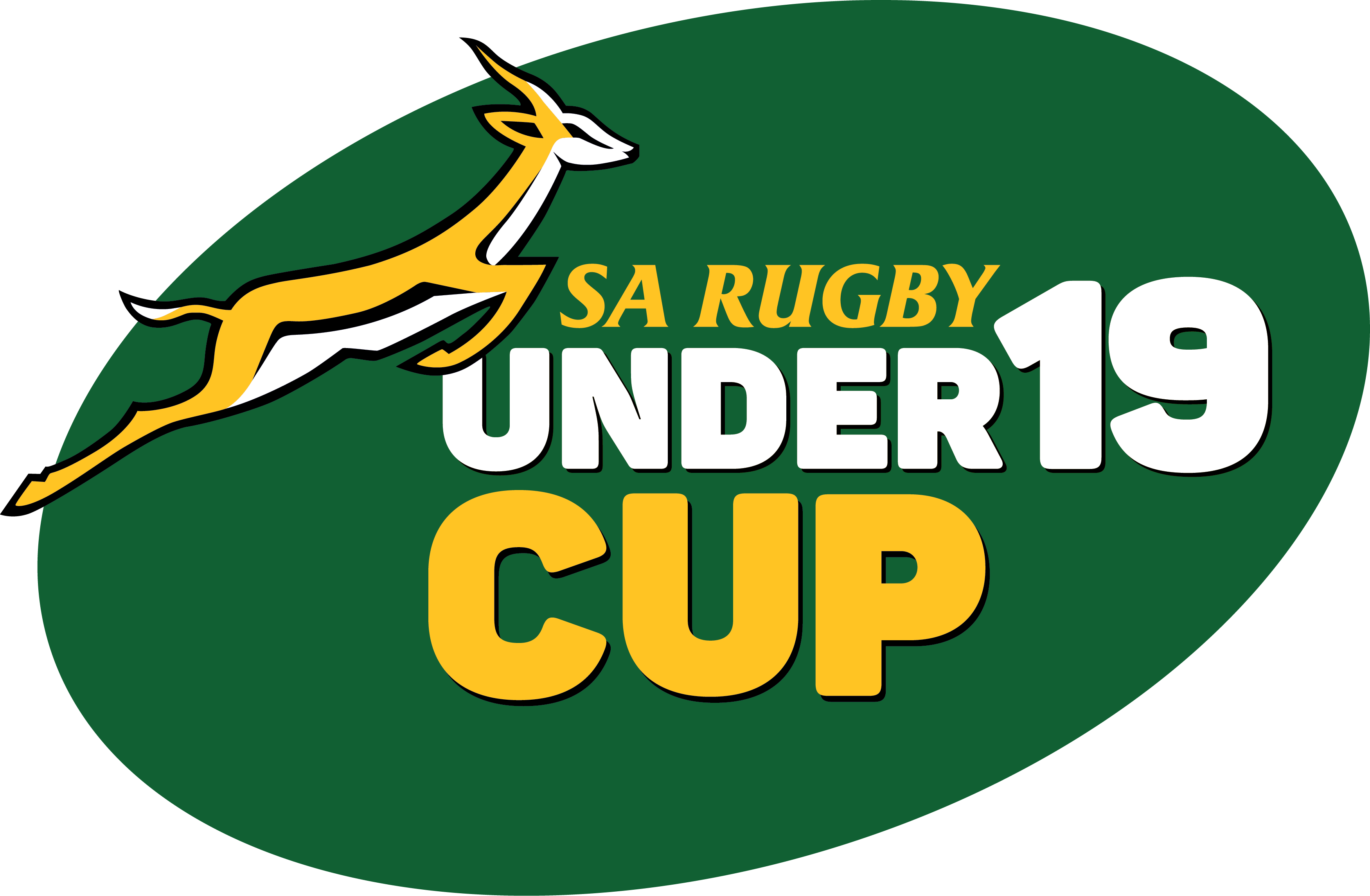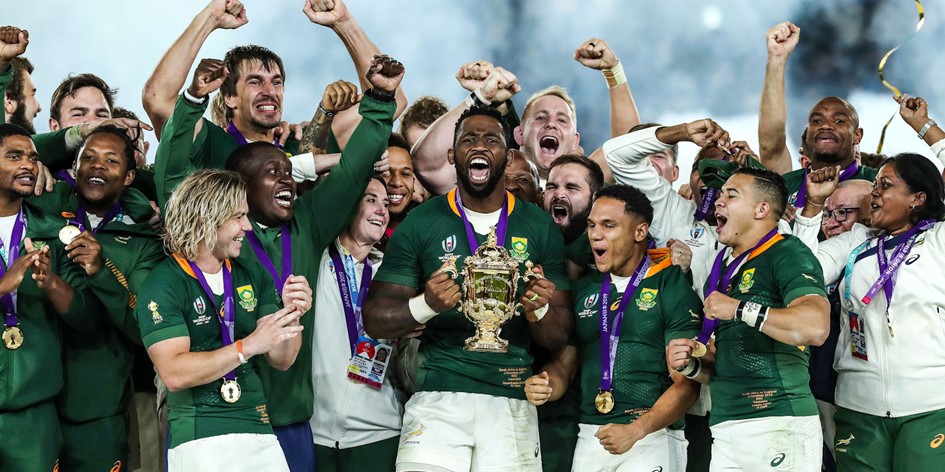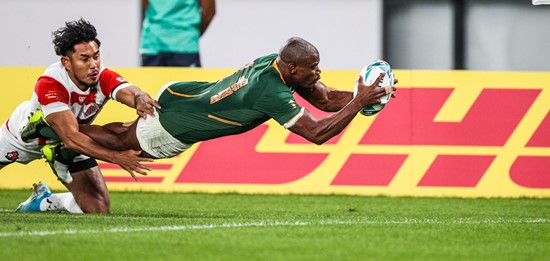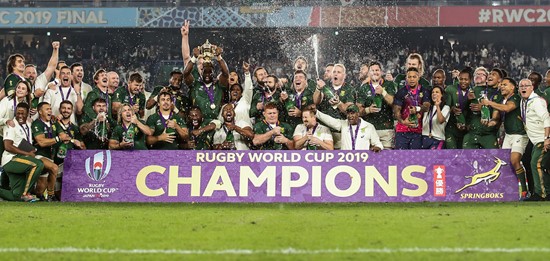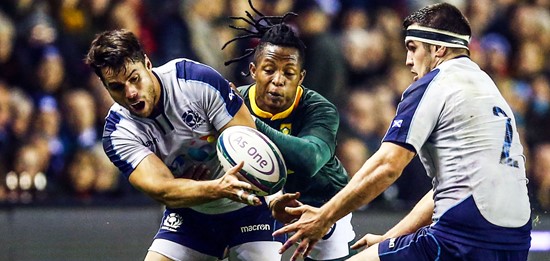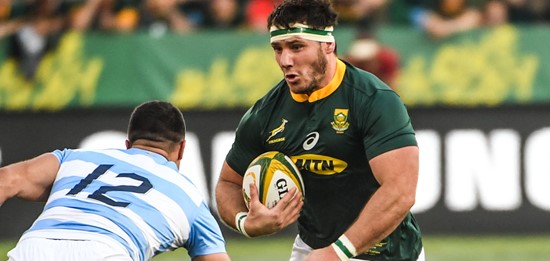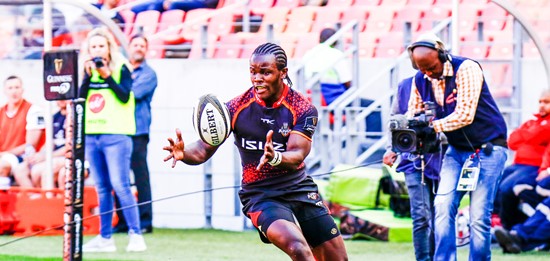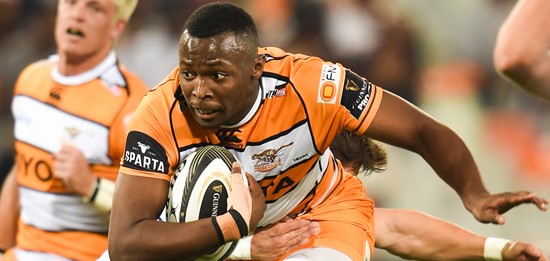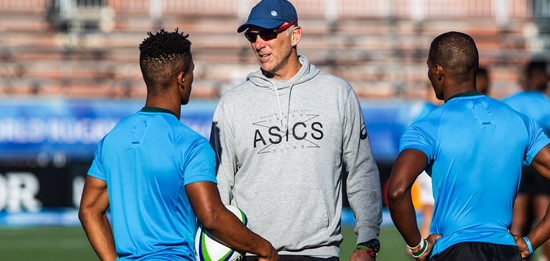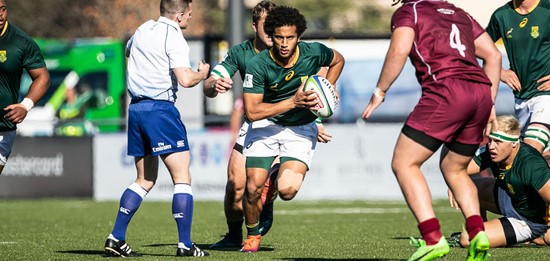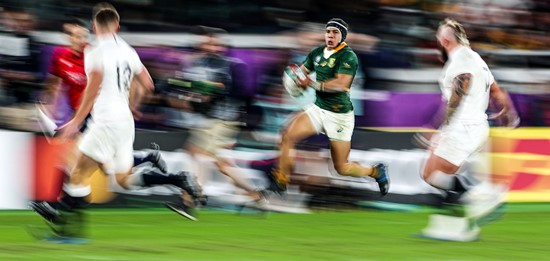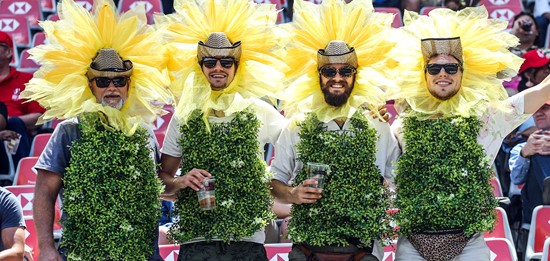It was 75 days of ups and downs, heat, humidity, sunshine and rain, trials and tribulations, seven wins and one defeat, 303 points, 39 tries and one trophy, standing 38cms tall and weighing 4.5kg.
In this, the third part of our RWC recap, we take a look at what happened in the second half of the Boks' pool matches and how they qualified for the quarter-finals. To read the first three installments of this series, follow these links: Part 1 | Part 2 | Part 3 | Part 4 | Part 5.
UNDERDOGS CAN BITE
England’s superb display in their RWC semi-final victory over defending champions, New Zealand, saw them instilled as early favourites for the final, a replay of the title decider in 2007.
Rassie Erasmus knew what to expect though, having coached the Boks in their last four Tests against England.
“It’s two-all, with three Tests in South Africa and the last one at Twickenham, so we are accustomed to the way they play. They are obviously a lot better than the last time we played them. You could see it in the way they dismantled New Zealand. But we think we are in with a chance,” said Erasmus.
SA’s Director of Rugby also surprised the media with his openness and honesty, especially when he was asked about the Boks’ game plan and the team for the final.
“The big thing is that we’ve only got two days of training sessions so not a lot will change. I guess you can expect pretty much the same from us on Saturday. With 160 minutes of training in a six-day turnaround there’s not a lot you can do in those training sessions,” he said.
As the week progressed, World Rugby announced a bunch of nominations for the annual Player of the Year awards, and South Africa featured yet again: Cobus Reinach for his third try against Canada, Herschel Jantjies for his breakthrough season, Pieter-Steph du Toit and Cheslin Kolbe as candidates for Player of the Year, as well as Rassie Erasmus and the Springboks (Coach and Team of the Year).
While Eddie Jones named the same match-23 that beat the All Blacks, Erasmus made one change to the Bok side for the RWC final, with Kolbe back at right wing after having sufficiently recovered from his ankle injury, and Siya Kolisi selected for his 50th Test in green and gold.
Erasmus spoke of the weight of expectation on his team: “We may not be favourites but these players will leave nothing in the tank. We know how the wins in 1995 and 2007 lifted the country – even if it was momentarily. We want to give South Africa that experience once again.”
Kolisi said his personal milestone is not important and spoke of what victory would mean for South Africa: “That’s something we want to show South Africa; that by the way we play that we can achieve things together as South Africans so long as we buy into whatever we want to achieve and we have the country behind us.”
The emotion of playing for their country probably played a massive role as the Boks ended up smashing England by 32-12 in what turned out to be a rather one-sided final.
On the back of a dominant scrum, a near-perfect defensive effort and pin-point tactical kicking, Handré Pollard slotted six penalty goals to see the Boks take the lead by 18-12 in the last quarter.
They then stepped up a gear as Makazole Mapimpi became the first South African to score a try in a RWC final, before Cheslin Kolbe sliced England’s defence to pieces to seal the deal in Yokohama.
The two tries, in the last 15 minutes of the final, saw the Boks crush England and claim the Webb Ellis Cup for a third time, 12 years after John Smit's side won the RWC and 24 years after Francois Pienaar held the famous golden trophy aloft with the late Nelson Mandela.
An elated Erasmus gave some perspective afterwards: “In South Africa, pressure is not having a job or if one of your close relatives is murdered. In South Africa there are a lot of problems, which is pressure. We started talking about things like that.
“Rugby shouldn’t be something that creates pressure; it should be something that creates hope. We have a privilege of giving hope – it’s not a burden,” he said.
Kolisi said that the team had been inspired by the support from South Africa: “I have never seen such support from our people back at home and I honestly don’t think we could have done it without them. The videos they sent of people coming together, it was really beautiful for us to see. I really don’t think I can say any more.”







